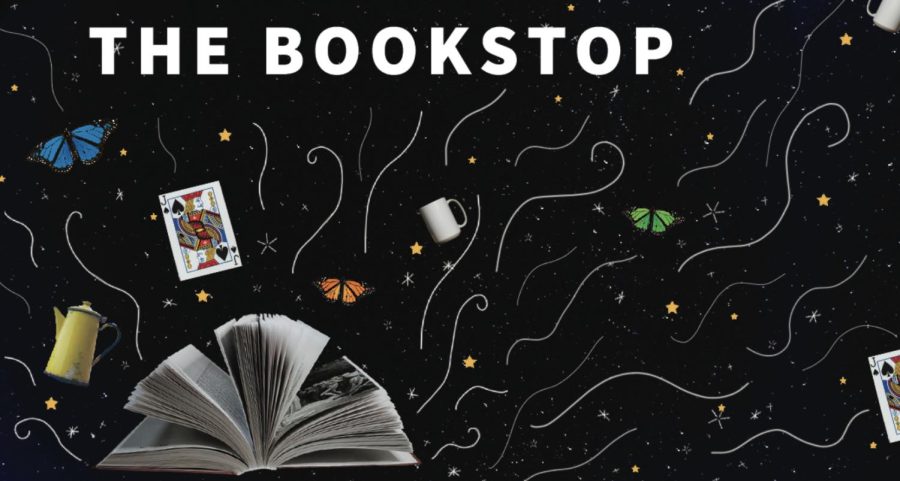The Bookstop: Love, hope and life through the eyes of female writers
February 28, 2022
Women have been making their mark on art since the beginning of time, despite the challenges and restrictions placed on them, and literature is no exception. In honor of Women’s History Month, celebrate books crafted by women telling diverse, emotional and earnest stories of heartbreak, joy and pain. Here are eight books by female authors that have shaped and continue to shape literature.
The Tale of Genji by Murasaki Shikibu
“The Tale of Genji” is considered by many to be the world’s first novel, and it was written by a woman. Murasaki Shikibu was a Japanese poet, novelist and maid of honor in the Heian Imperial court. Her 11th-century story shows what life was like in the court life of medieval Japan, and it follows the life of the emperor’s son as he navigates love, family and politics.
Their Eyes Were Watching God by Zora Neale Hurston
Zora Neale Hurston was an American writer, anthropologist and filmmaker who wrote about racism and the struggles Black people faced in the early 1900’s South. In “Their Eyes Were Watching God,” Hurston writes about Janie Crawford, her experiences as a Black woman, her three marriages and her quest to find herself.
Persuasion by Jane Austen
Better known for her famous book “Pride and Prejudice,” Jane Austen has become a household name in today’s classrooms, despite dying in obscurity. However, it’s her 1817 book “Persuasion” that most closely resembles her life. The heroine, Anne Elliot, is past the age of her prime, and after being persuaded to call off her engagement to the man she loved, she is living with her decision. That is until she gets a second chance when he comes back into her life years later.
Letter to My Daughter by Maya Angelou
Maya Angelou never had a daughter, but she dedicated “Letter to My Daughter” to the women and “daughters” she saw all around her. This book by the iconic poet and civil rights activist is filled with guidance, wisdom, poetry and essays that describe Angelou’s life and her path to living with meaning.
Alias Grace by Margaret Atwood
Many may know Margaret Atwood for her book-turned TV show, “The Handmaid’s Tale,” but her book “Alias Grace” also touches on the struggles of womanhood. Set in 1843, Grace Marks has killed her employer and his housekeeper and mistress. While the public is shocked by what she’s done, Grace just wants to remember what happened. A mental health expert is sent to help her unlock those memories, but as she gets closer to them, she discovers she might have missed more than she thought.
Kindred by Octavia E. Butler
As the first science fiction novel written by a Black woman, “Kindred” is an important piece of Black American literature. Octavia E. Butler would wake up each morning at 2 a.m. to write before going to work, and her books explored Black injustice, women’s rights and climate change, among other themes. In “Kindred,” Butler writes about Dana, a Black woman who is being transported in time to antebellum Maryland, where she sees the same young man each time and realizes she’s been tasked with a unique challenge.
Loose Woman by Sandra Cisneros
Award-winning author Sandra Cisneros is a Mexican American writer who worked as a teacher and counselor to high school dropouts in the schools where she taught creative writing. She published “Loose Woman” in 1995, and the poetry collection celebrates the “female aspects of love.”
The Marrow Thieves by Cherie Dimaline
Often praising the literary trail that guided her, Cherie Dimaline is an award-winning author and a registered and claimed member of the Métis Nation of Ontario. In 2017, TIME Magazine called her book “The Marrow Thieves” one of the “best young adult books of all time.” In her book, the Indigenous people of North America are hunted for their bone marrow in a post-apocalyptic world. However, the main character, Frenchie, and his group soon discover that someone in their group holds the key to defeating the “marrow thieves.”












